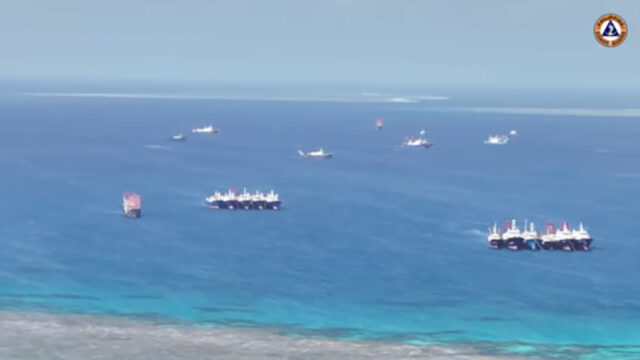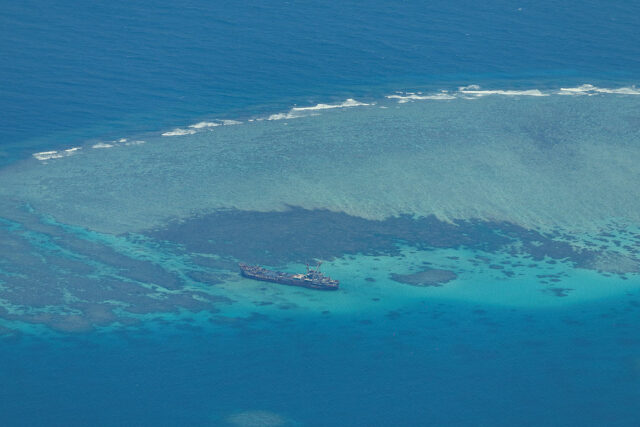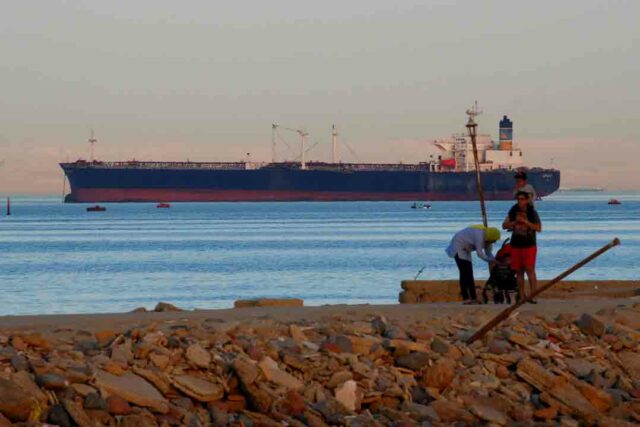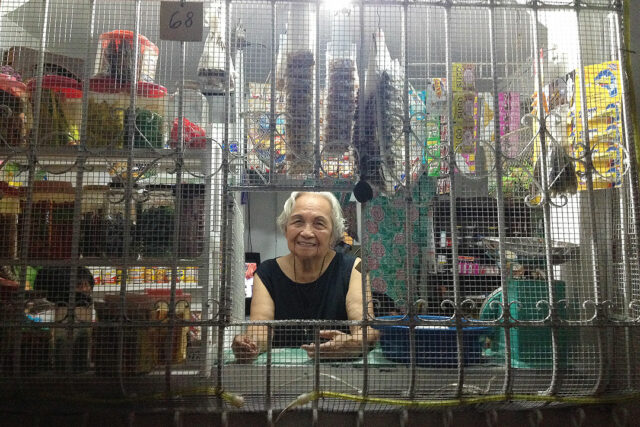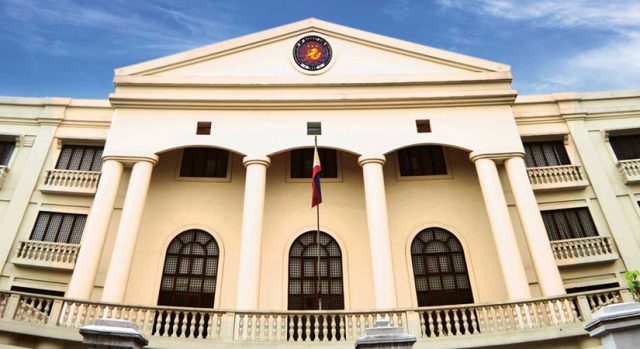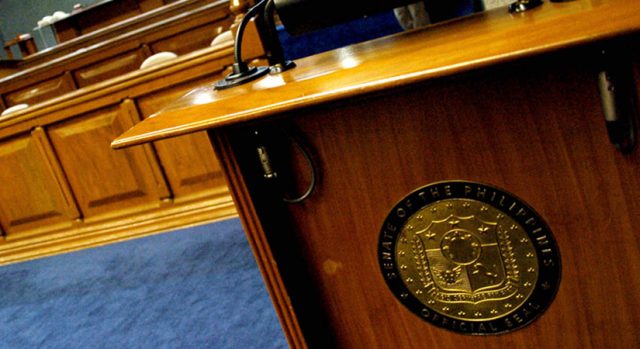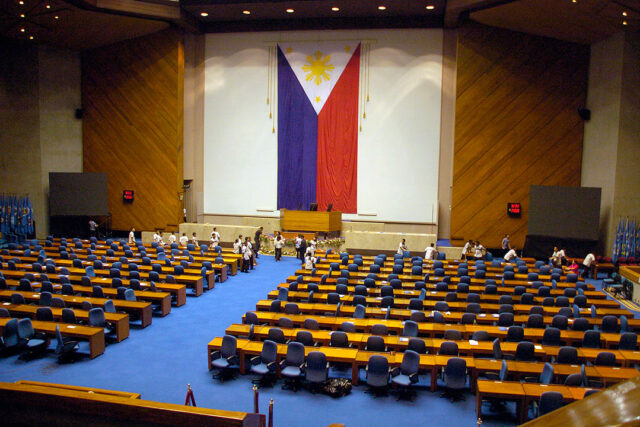THE PHILIPPINES’ Department of Foreign Affairs (DFA) on Tuesday said it had received proposals from China to ease tensions in the South China, but these went against the Southeast Asian nation’s interests.
“While a few proposals were deemed somewhat workable, many of the remaining Chinese proposals were determined, after careful study, scrutiny and deliberation within the Philippine government, to be contrary to our national interests,” it said in a statement. “In no way did the Philippine government ignore China’s proposals.”
The DFA was responding to a Manila Times news report quoting an unnamed Chinese official who had claimed China’s proposals to settle tensions in the waterway were “met with inaction” by Manila.
China had presented 11 concept papers on possible solutions to ease tensions in the South China Sea, which the Philippine government allegedly ignored, according to the story published on Monday.
The DFA said the agreements to settle differences in the South China Sea must abide by the Philippine Constitution, the United Nations Convention on the Law of the Sea and a 2016 arbitral award voiding China’s claims on the waterway.
The Philippine government had also presented counterproposals, which China rejected, the DFA said.
China claims more than 80% of the South China Sea based on a 1940s map, which a United Nations-backed arbitration court voided in 2016.
The Philippines has been unable to enforce the ruling and has since filed hundreds of protests over what it calls encroachment and harassment by China’s coast guard and its vast fishing fleet.
Tensions in the South China Sea have intensified after incidents of the Chinese coast guard firing water cannons at Philippine vessels and blocking resupply missions to a dilapidated World War II-era ship at Second Thomas Shoal.
Chinese President Xi Jinping last week called on his country’s armed forces to coordinate preparations for military conflicts at sea and help in the development of the maritime economy.
In December, the Philippine Senate passed on third and final reading a bill that seeks to boost the country’s defense program through investments in local defense equipment manufacturing.
“Instead of considering the Philippine counterproposals, however, the Chinese side presented its own counterproposals, which again did not reflect our interests, especially on issues such as the South China Sea,” the DFA said.
Meanwhile, China said any plan for resource exploitation in the South China Sea should not involve countries outside the region, as the Philippines counts on the United States and its allies for gas and oil exploration.
“The exploration of resources in the South China Sea should not harm China’s territorial sovereignty and maritime rights and interests and no one shall draw forces outside the region into the issues,” the Chinese Foreign Ministry spokesman, Wang Wenbin, told a news briefing in Beijing on Monday, based on a transcript.
Philippine Ambassador to the US Jose Manuel “Babe” D. Romualdez earlier said Manila was “working closely with our allies, not only the US but also Japan and Australia” to exploit gas and oil in the South China Sea.
It’s part of a broader plan to reduce energy costs under the government of President Ferdinand R. Marcos, Jr., who has veered away from his predecessor’s pivot to China, Bloomberg News reported.
“Relevant countries should not undermine China’s territorial sovereignty and maritime rights and interests in their effort of exploring resources in the South China Sea,” Mr. Wang said. “Drawing forces outside the region into the South China Sea issue will only complicate the situation.”
Mr. Romualdez, a cousin of Mr. Marcos, earlier said the Philippine government might invite US companies to invest in the exploration. It is also in talks with other claimants like Vietnam, he said.
The Philippine Supreme Court in January last year voided a 2005 state oil exploration deal with China and Vietnam.
The agreement between the state oil agencies of Vietnam, China and the Philippines violated the 1987 Constitution, which lawmakers now seek to amend.
The Philippines’ only indigenous source of natural gas, the Malampaya gas field, is expected to run dry in 2027, a crisis that experts said could result in 12 to 15 hours of daily brownouts across the main island of Luzon.
Reed Bank, which falls within the Philippines’ exclusive economic zone, could hold up to 55.1 trillion cubic feet of natural gas and up to 5.4 billion barrels of oil, according to the United States Energy Information Administration. — John Victor D. Ordoñez and Kyle Aristophere T. Atienza


